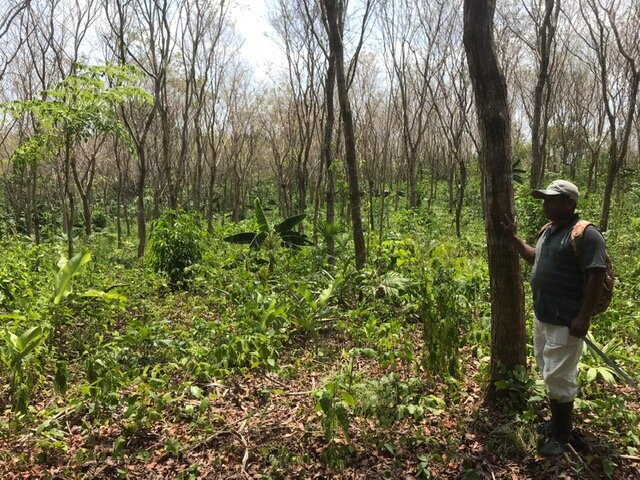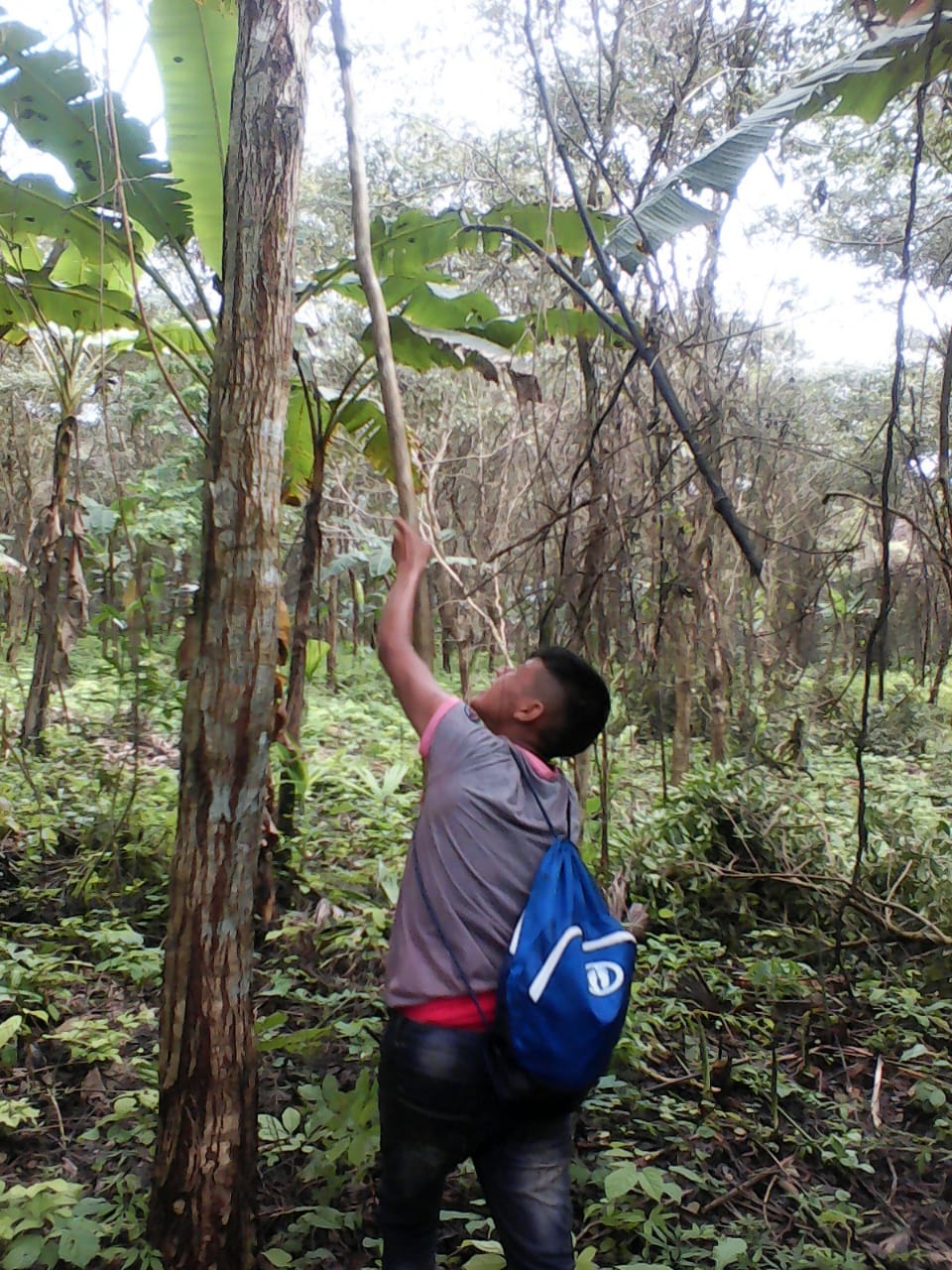Is REDD too centralized?
/A recent article on the BBC website decried the treatment of local populations in the development of REDD (Reducing Emissions from Deforestation and Degradation) projects.
Although the author gets some facts incorrect - claiming, for example the "+" in REDD+ represents what are more widely known as co-benefits rather than enhanced forest carbon stocks as noted in the LCA text (i.e. sequestering carbon, or afforestation) - he does do a service in pointing out potential problems with REDD.
The gist of the author's argument is that REDD will centralize decision-making over forest resources within government and prevent community managment. Panama is a good example of the decentralization process because it has been slowly recognizing indigenous peoples' rights over their land.



